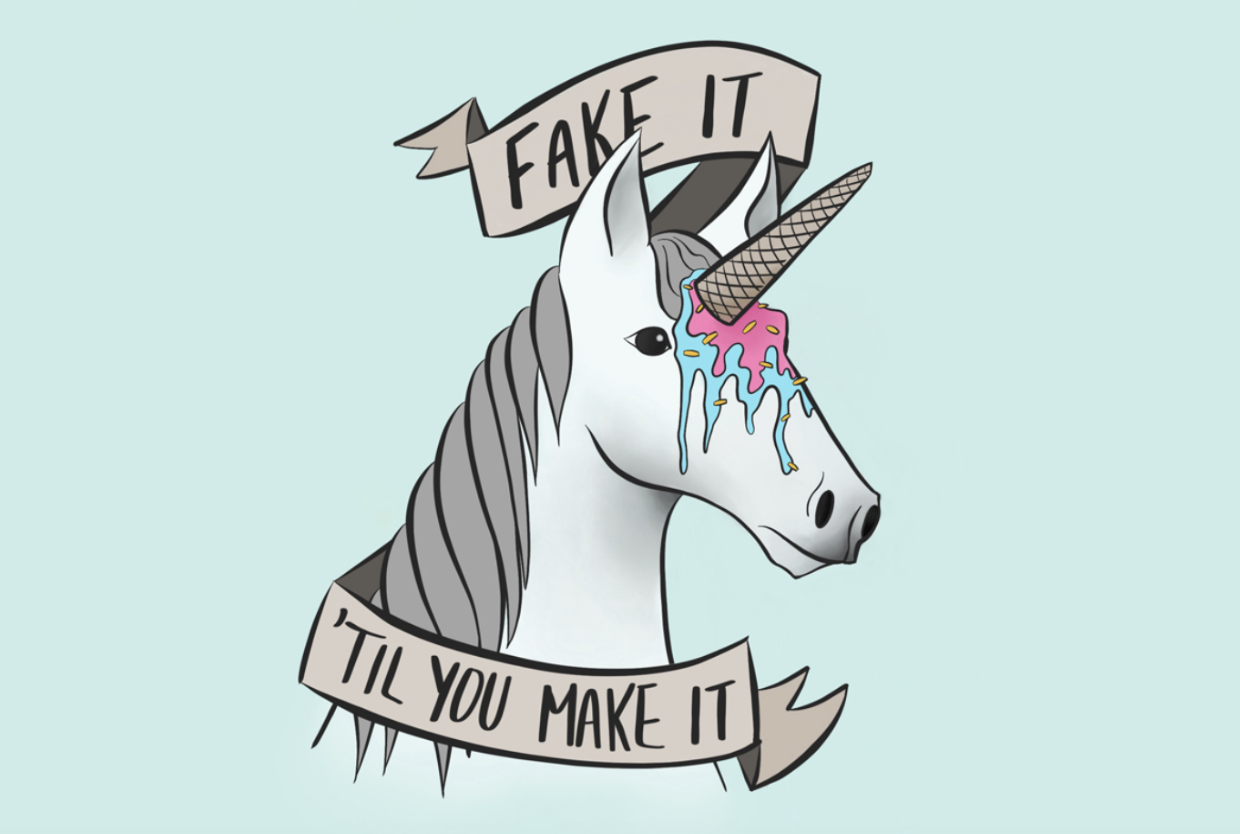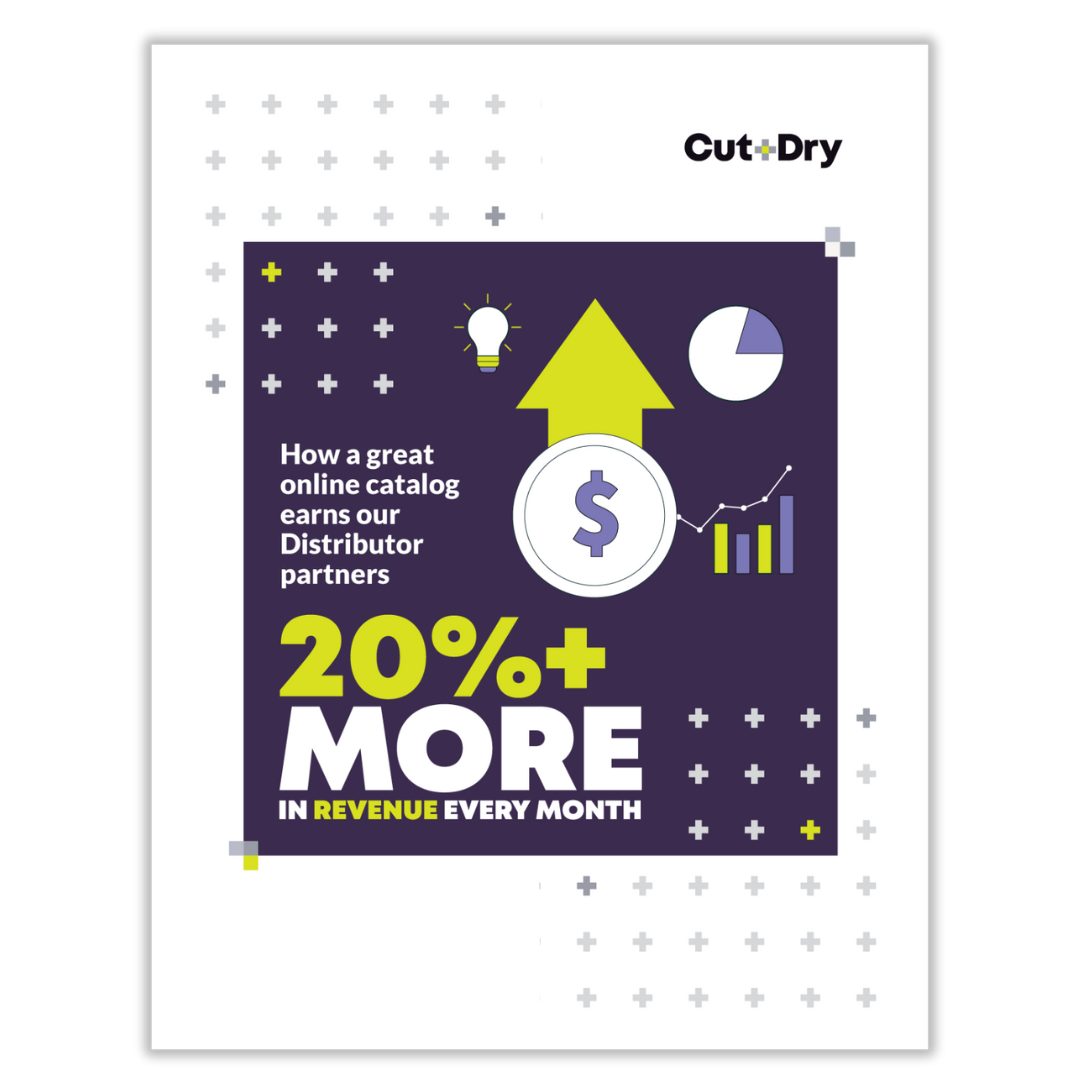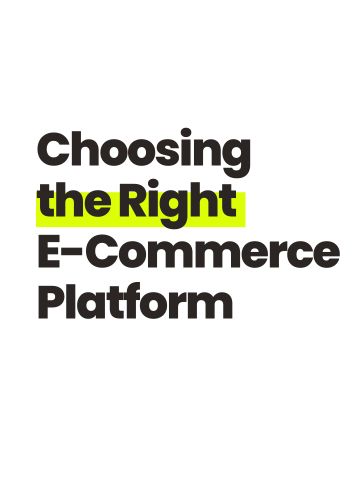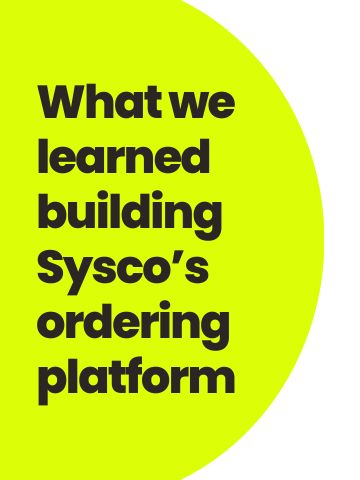
By Mani Kulasooriya (Co-Founder & CEO, Cut+Dry)
I moved to Silicon Valley in 2000, right after the Dot-com bubble burst. Since then, I have founded three startups, worked in two large companies, and invested in over 40 tech startups. This is the world I live in. And these are my peeps.
In these bustling corridors of innovation, there is an open secret – The Fake It Till You Make It – FiTYMi - startup culture.
FiTYMi suggests that imitating confidence and success can eventually lead to genuine success. But is this culture a driving force for growth or simple chicanery? Let's dissect by looking at two famous examples.
One of the first big tech “startups” that perfected FiTYMi was Microsoft. Except in those days, it was called Vaporware, a term coined by a Microsoft engineer as early as 1982. The term became popular among tech journalists to describe products that looked great but did not have much substance. InfoWorld magazine editor Stewart Alsop helped popularize it by lampooning Bill Gates with a Golden Vaporware award for the first version of Windows, which mimicked the Mac Operating System but was initially subpar and mostly just front-end design. However, Microsoft’s “make it” caught up to the “fake it” and eventually became a decent product. This is not always the case, though.
Much more recently, we have Theranos, a health technology company founded by Elizabeth Holmes in 2003, which claimed to revolutionize blood testing through a device that required only a finger-prick's worth of blood. By 2015, it was discovered that most tests conducted on their proprietary ‘Edison’ machines were fabricated, and the company was lying to customers and investors alike. Facing regulatory actions, lawsuits, and a damaged reputation, the company dissolved in 2018. Holmes was indicted on fraud charges related to their misleading claims and actions.
On the surface, it seems the first FiTYMi was harmless and resulted in success for Microsoft, while the second was harmful and resulted in failure. However, the reality is a bit more nuanced, and I would argue that in both cases, someone did get hurt – their customer.
Customers can get hurt by FiTYMi in various ways. On the more benign side, the customer might experience some financial loss or wasted time. There is almost always some level of buyer's remorse. On the more serious side, things could escalate to extended downtime, privacy breaches, etc., resulting in significant financial loss. Of course, the most hurtful are cases like Theranos which resulted in significant emotional and physical pain to customers.
The potential financial downside to a customer due to Silicon Valley FiTYMi culture is particularly harmful in B2B software. Simply because the stakes are much higher. By the time you realize you made the wrong decision, you are easily a year in.
As a potential customer of a Silicon Valley tech startup, you can do things to avoid getting hoodwinked by FiTYMi:
- Ask to see the product in action. Meaning the actual product being used live by actual customers. Not mocks, not PowerPoint slides, not simple designs, and definitely not the word of a sales guy. The proof is in the pudding. See the live product and dig into every single feature.
- Get references. Ask to speak with existing customers of the startup. Create a list of detailed questions that dig into the product and service, and ideally send this list to the reference before you meet with them. Avoid high-level questions around relationships and other soft skills. We are all nice folks. Focus your questions around the product, technology, and ROI.
- Look at the team. What have they done prior? Does the team experience point to expertise in your industry, and can they relate to your business? Go beyond the leadership; check Linkedin to gauge the ratio of technical and non-technical folks. A technology startup with a large sales/marketing team ratio is a huge red flag.
- Price as a leading indicator. When it comes to technology, you definitely get what you pay for. If the tech startup's product is low-cost or, god forbid - free - that is a huge red flag. Ask yourself how they actually make money? In fact, ask them that question. Understand that a typical Silicon Valley startup will have an average cost of $150K per employee. This means that a 50-person company needs to make $7.5M per year just to keep the payroll going.
- Relationship. This one is a bit controversial, especially in an industry like Foodservice, which has been built on strong relationships. I don’t know how many times I have heard the phrase – they don’t buy the best product; they buy the best sales guy. Don’t fall into this trap - that sales guy can’t do anything to help you when the product fails or falls short. Again, we are all nice guys.
- Trust your gut. If something feels off or too good to be true, it probably is. It will benefit you to take it slow or even walk away.
Most tech startups genuinely aim to innovate and provide value. It is unlikely that anyone is being truly malicious. But FiTYMi is real, and it can pose real problems to you, the customer. How badly a startup is afflicted with this culture will become apparent with some basic research, so make sure to do your due diligence. Be thorough - and keep your focus on the product/technology that is being sold to you. Because at the end of the day, is that not what you are buying?










